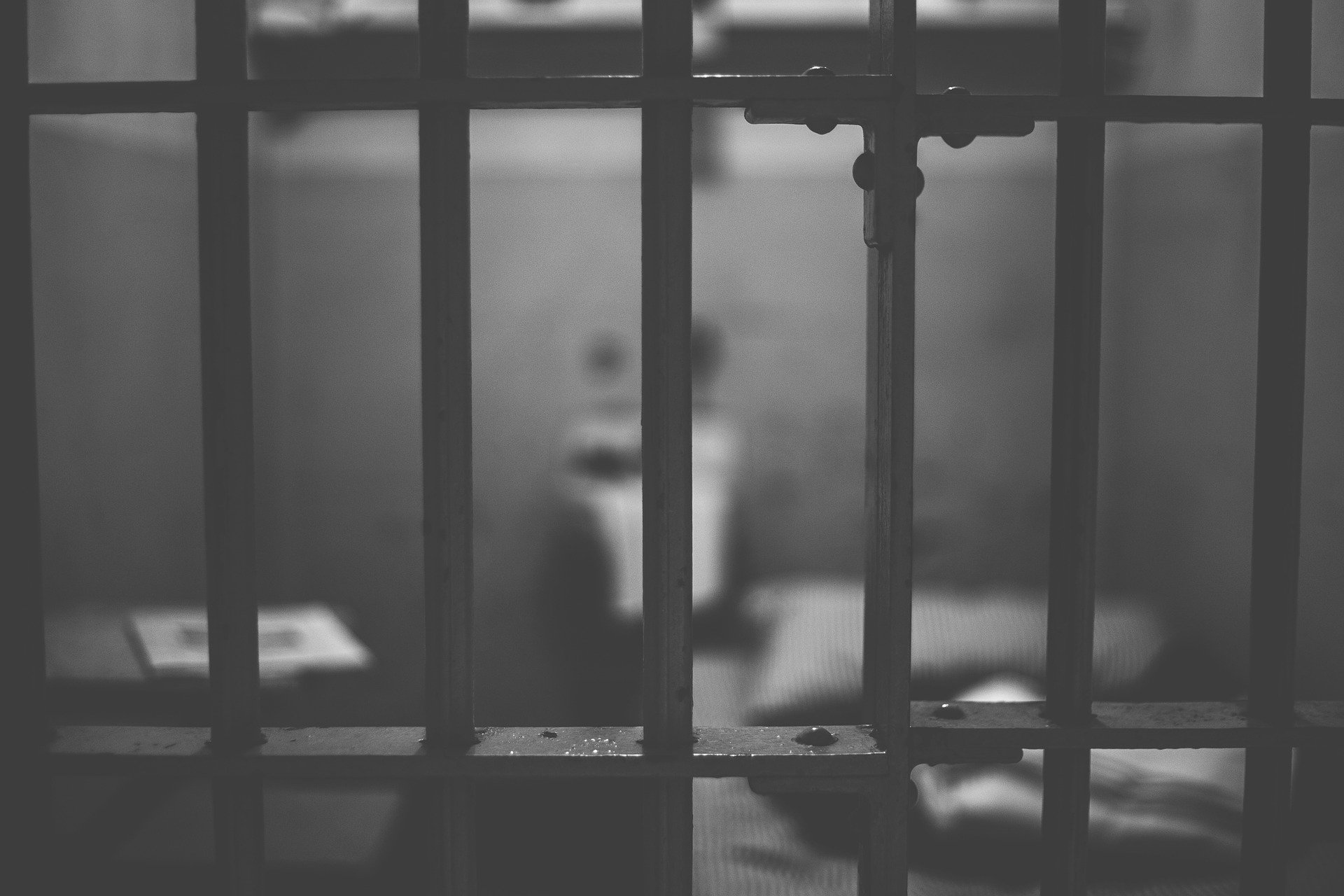Professor Mike Hough, Emeritus Professor and Founder of Birkbeck’s Institute for Crime and Justice Policy Research (ICPR) explains how thousands of prisoners are still facing injustice, ten years after IPPs’ failings were first exposed, and endorses latest demands for action.
The Prison Reform Trust (PRT) is to be congratulated on their excellent – but profoundly depressing – report No Freedom, No Life, No Future, which charts how large numbers of prisoners sentenced to the indeterminate sentence Imprisonment for Public Protection (IPP) are still stranded in prison many years after they were sentenced. As the report vividly demonstrates, part of the cause of this is the irrational and grossly unfair way in which the recall system is operating, following prisoners’ breach of their licence after release.
In 2010 Professor Jessica Jacobson and I worked on an ICPR/PRT collaboration which resulted in the report on the IPP sentence, Unjust Deserts. We showed how prisoners were required to demonstrate to the Parole Board that they were no longer a danger to the public, mainly by participating in courses to reduce the risks they posed. However, prisoners were denied means to demonstrate that they no longer posed a high risk to the public. Often courses were simply unavailable. In some cases, prisoners were told that they presented too low a risk for the course on offer, or that their levels of literacy were too low for the course in question. More broadly, the effectiveness of courses as a means of reducing dangerousness was questionable; while, at the same time, there were no obvious alternative ways in which individuals, in a prison setting, could prove the negative proposition that they no longer posed a risk to the public. Matters were made worse by the originally mandatory nature of the sentence, meaning that many more IPP sentences were passed than originally expected, and many of these were for relatively minor offences. The Parole Board was overwhelmed by cases and delays grew. The net result was that many IPP prisoners were serving much longer sentences than expected – sentences that were, by any yardstick, grossly disproportionate.
Our report was well-received, and the then Justice Secretary, (now Lord) Kenneth Clarke, asked to see a pre-publication draft. We took some satisfaction in the announcement made shortly afterwards that the sentence would be abolished, qualified only by the fact that there were no plans to deal retroactively with those still serving IPPs, for example by converting all IPPs into determinate sentences. However, we thought that it would not take long for solutions to be found to release those prisoners in a fair and sensible way, whether through legislative or executive action.
How wrong we were! I was astonished to learn from PRT’s new report that by mid 2020 almost 2,000 IPP prisoners have never been released, and almost 1,400 have been released but are now back in prison, facing exactly the same intractable problems of proving their reduced risk as we found ten years ago. The ongoing treatment of IPP prisoners is scandalous, and the scandal is, for the Ministry of Justice, taking on qualities that parallel the Windrush scandal that the Home Office is failing to deal with. The obvious unfairnesses and inhumanity which IPP prisoners face demand rapid attention. We strongly endorse PRT’s call for action.
Further Information
- Professor Mike Hough
- Find out more about the Institute for Crime & Justice Policy Research (ICPR)
- Birkbeck’s School of Law


